Through materials such as paper or soap, those involved within the cosmetics industry are pushing towards packaging their products in a more eco-friendly manner
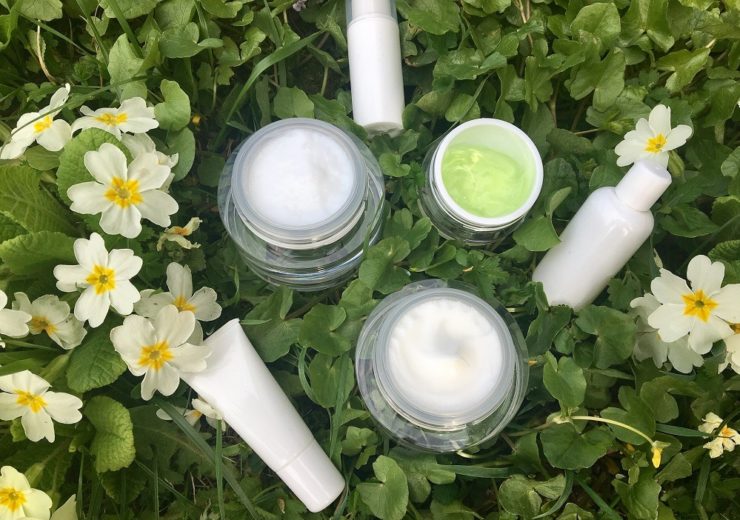
It's estimated that more than 120 billion units of packaging are produced by the global cosmetics industry every year (Credit: Pixabay)
Whether it’s the long-discussed issues around palm oil or the growing concern around the effect of its water usage, demand for the cosmetics industry to become more eco-friendly has started to grow.
Alongside these issues, plastic packaging has also become a topic of concern for the market’s consumers.
It’s estimated that more than 120 billion units of packaging are produced by the global cosmetics industry every year, most of which can’t be recycled.
Lush has built a business model around making as many of their products as plastic-free as possible, even experimenting with “naked” shops containing no packaging.
And with the rise of in popularity of initiatives such as “Plastic Free July”, the need for the cosmetics industry to move away from single-use plastic is there.
Speaking at Packaging Innovations at the NEC in Birmingham, design agency Free The Birds’ brand insight and content director, Joanne Bell, said: “It’s fair to say consumers increasingly want products that do not harm themselves, the environment and the people who are used to make them.
“But with the awareness of such a global challenge, it’s not actually governments that consumers are looking to lead the change, it’s actually businesses and brands.”
We look at the work some in the industry are doing to lead the change.
Eco-friendly packaging designs within the cosmetics industry
L’Oréal’s paper-based products
In October 2019, French cosmetics firm L’Oréal announced it had created a paper-based tube.
It says the design, developed in partnership with packaging firm Albéa, will allow the group to replace the majority of the plastic currently used in its tubes with bio-based and certified paper-like material.
Speaking at the time, L’Oréal’s director of packaging and development Philippe Thuvien said: “This alternative solution is an integral part of the group’s packaging strategy.”
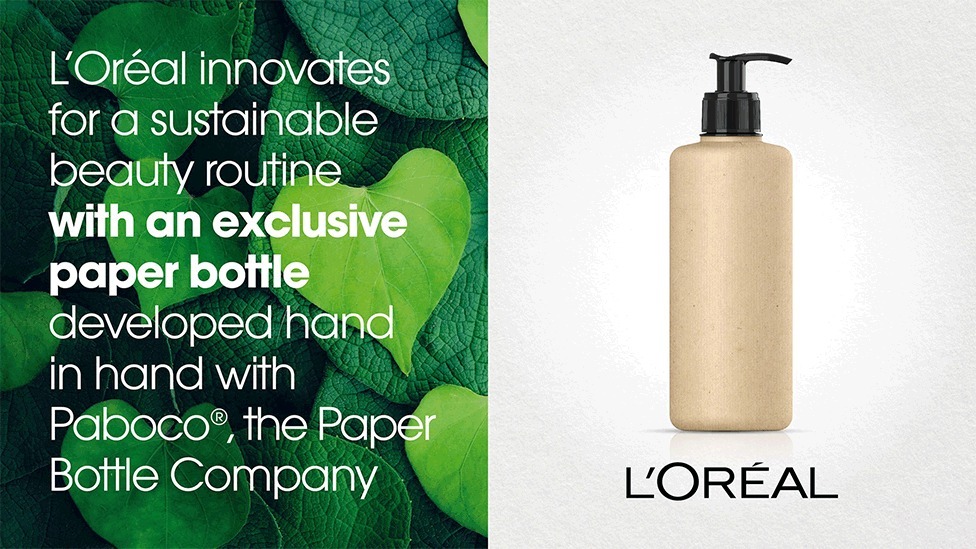
The firm aims to release the first models onto the market in 2020.
In November 2019, L’Oréal launched a paper bottle.
It worked alongside Danish company Paboco — which develops sustainable alternatives to plastic packaging, and is a start-up founded by packaging specialists BillerudKorsnäs and Alpla — to manufacturer the range.
Innerbottle’s balloon-based solution for eco-friendly cosmetics packaging
Innerbottle, a South Korean business started through a Kickstarter campaign in June 2019, uses a silicon balloon as a container for products.
The BPA-free balloon is placed into a paper bottle and attached to a pump used to dispense the cosmetics, whether this is soap or spray.

When pumped out of the bottle, the system leaves behind 2% of residue, this is compared to 30% when looking at other packaging formats.
This has two benefits, with consumers getting more of the product, and easier recycling for the balloon.
Unilever develops black plastic bottles that can be recycled
In May 2019, consumer goods company Unilever said it had developed a new type of black pigment that can be detected by infra-red lights.
Black plastics have traditionally been difficult to recycle.
Material recovery facilities (MRFs) sort waste into different streams using infrared lights, which identify whether products can be recycled.
This technology is typically unable to detect the “carbon black” pigment traditionally used to colour bottles.
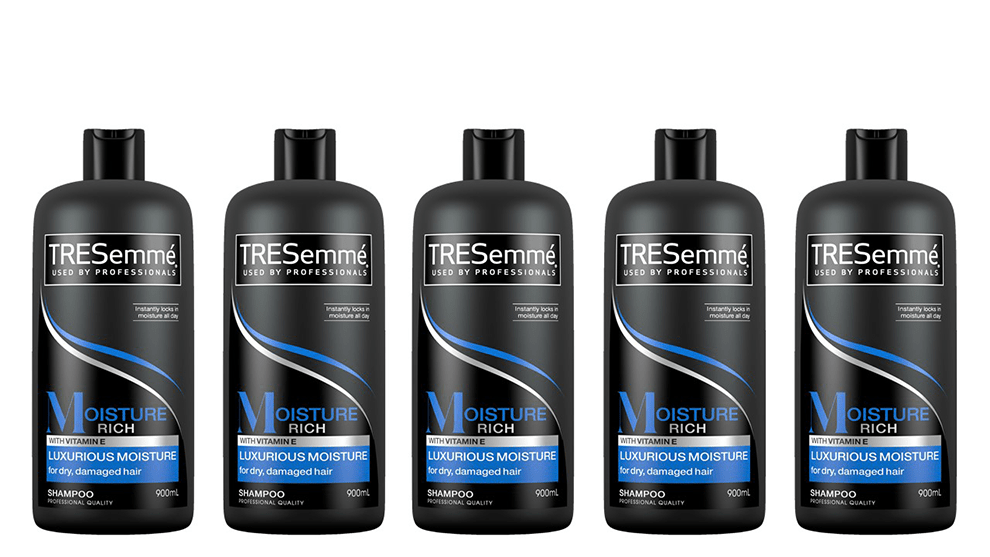
Unilever says its pigments — found in its TRESemmé and Lynx brands — can be sorted by the automatic optical sorting machines commonly utilised by MRFs.
The firm claims the use of this technology means an additional 2,500 tonnes of plastic bottles could potentially be sorted and sent for recycling annually in the UK.
Unilever UK and Ireland executive vice president and general manager Sebastian Munden said at the time: “This latest innovation moves us further towards our goal and makes a significant contribution towards the UK Plastics Pact targets.”
The company says that the technology being used has been made accessible to others in its industry, as well as other markets across the world.
Shampoo bottles made from soap and beeswax
In 2019, University of Arts London post-graduate Mi Zhou developed a range of toiletry bottles that can melt away completely when no longer useful.
The packaging, called Soapack, is cast using vegetable oil-based soaps, which are then dyed with pigments made from minerals, plants and flowers, and formed into a mould.
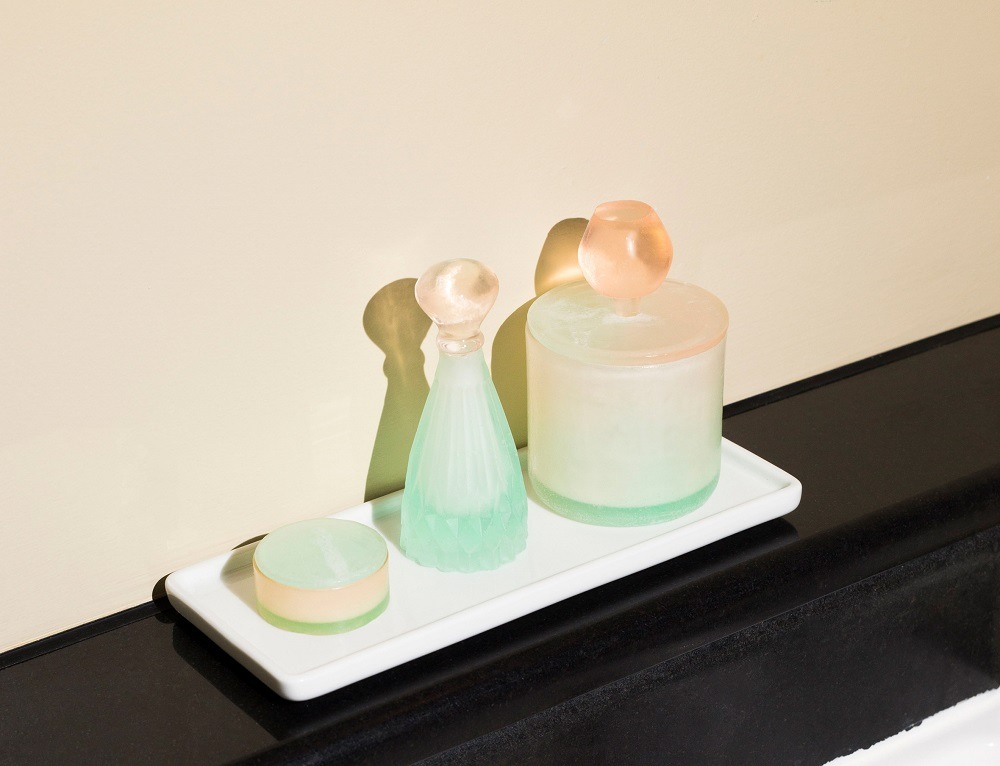
After this, a thin layer of beeswax is applied to bottles, which makes them waterproof and prevents the liquids inside the containers from dissolving before they’re used.
Preserving the containers can be achieved by keeping them in a dry place, before placing them in a soap dish to dissolve them after use.
Stora Enso’s paper cosmetics packaging
In October 2019, packaging company Stora Enso introduced a paperboard tube for the cosmetics industry.
The body of the tube is made from a grease-resistant paperboard — making it suitable for skin creams — which, the company claims, reduces the use of plastic by 70% when compared with a traditional tube.
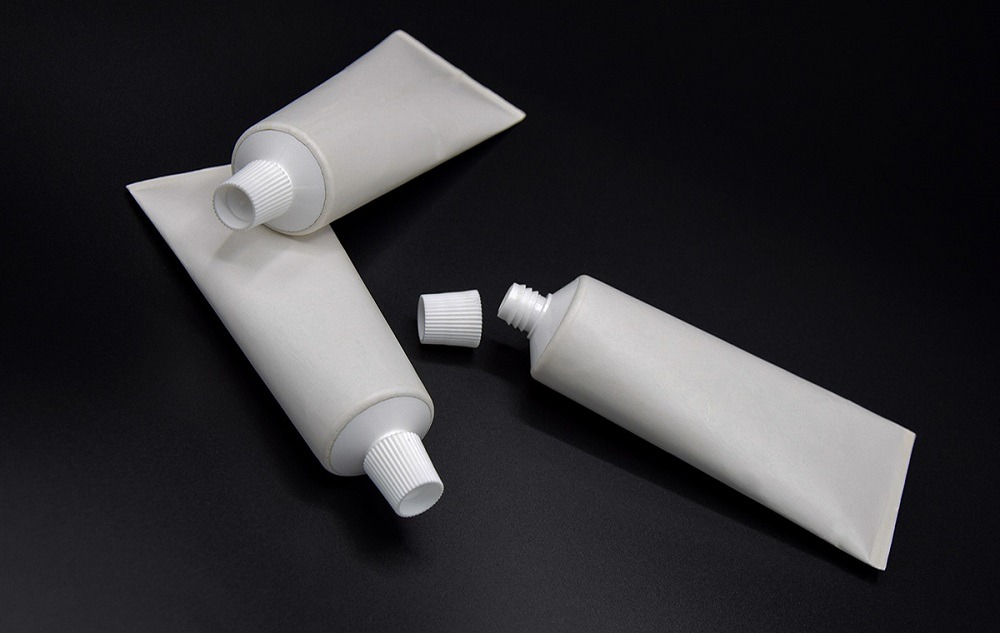
Stora Enso’s vice-president of innovation, Henna Pääkkönen-Alvim, said at the time: “We are seeing increasing demand in the cosmetics field for new innovative solutions made of renewable materials.
“This tube is a good example of how, together with our customers and their suppliers, we are driving innovations to create the packaging of the future.
“The paperboard tube will offer cosmetics brands who want to appeal to eco-conscious consumers a competitive new alternative.”
The company says it aims to take the lead in supporting cosmetics brands to reach their sustainability targets, doing this by co-developing climate-friendly packaging solutions.
